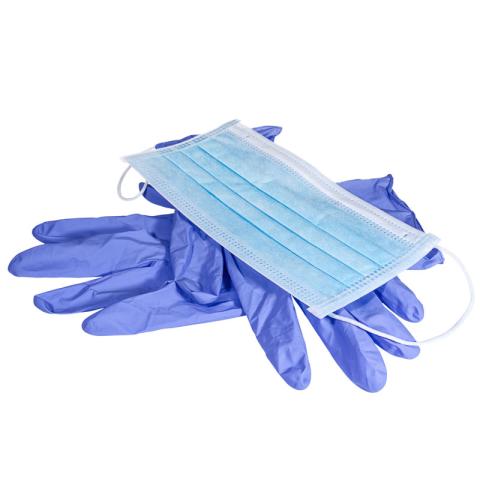Infections
An infection is when germs enter someone’s body and start to make the person sick. An infectious disease is the illness resulting from an infection. An infectious disease is the illness resulting from an infection.

Did you know?
People can get infections from:
- Another person (like COVID-19)
- Contaminated water, food, or surfaces (like giardia from water that is not clean, or tetanus from a knife cut in the skin)
- Animals (like rabies from being bitten)
- Insects (like West Nile Virus from mosquitos)
What causes infections?
Infections are caused by germs. Bacteria, viruses, parasites, or fungi are different kinds of germs.
Germs are usually very small and are called “micro-organisms”. This means they are living beings, but they are too small to be seen with the naked eye. Most germs need special kinds of microscopes to be seen.
There are many of these types of micro-organisms in the world, but not all make us sick. Some are harmless. Others are beneficial, like “good” bacteria that live in our gut that help breakdown the food we eat.
Some germs can infect only certain kinds of animals, like our pets or animals we hunt, but not humans. Some germs infect only humans, and some germs can infect both.
Some germs can get into a person’s body and make them feel sick or cause disease.
What happens when someone is infected?
- Infections can be mild or severe
- Some infections can be mild, like “athlete’s foot” (caused by a fungus)
- Other infections can be deadly, like rabies
- Sometimes, some infections can be there and cause damage without any symptoms at all, like chlamydia
- Some infections can cause sickness in many body parts (for example, streptococcus is a bacteria that can infect the skin, throat, lungs and inside joints like your knee)
- Some infections cause sickness only in one body part. For example, Hepatitis C is a virus that targets the liver, an important organ in a person’s abdomen
- Different infectious germs can cause different symptoms and affect your body at different speeds. Some make you cough, have fever, and muscle aches. Others give you a rash on your skin, and some might make it hurt when you pee
- Most infections happen over a short period of time, but some can cause long-term problems
Explore more about Infections

Infections happen when germs enter someone’s body, and start to make the person sick.


